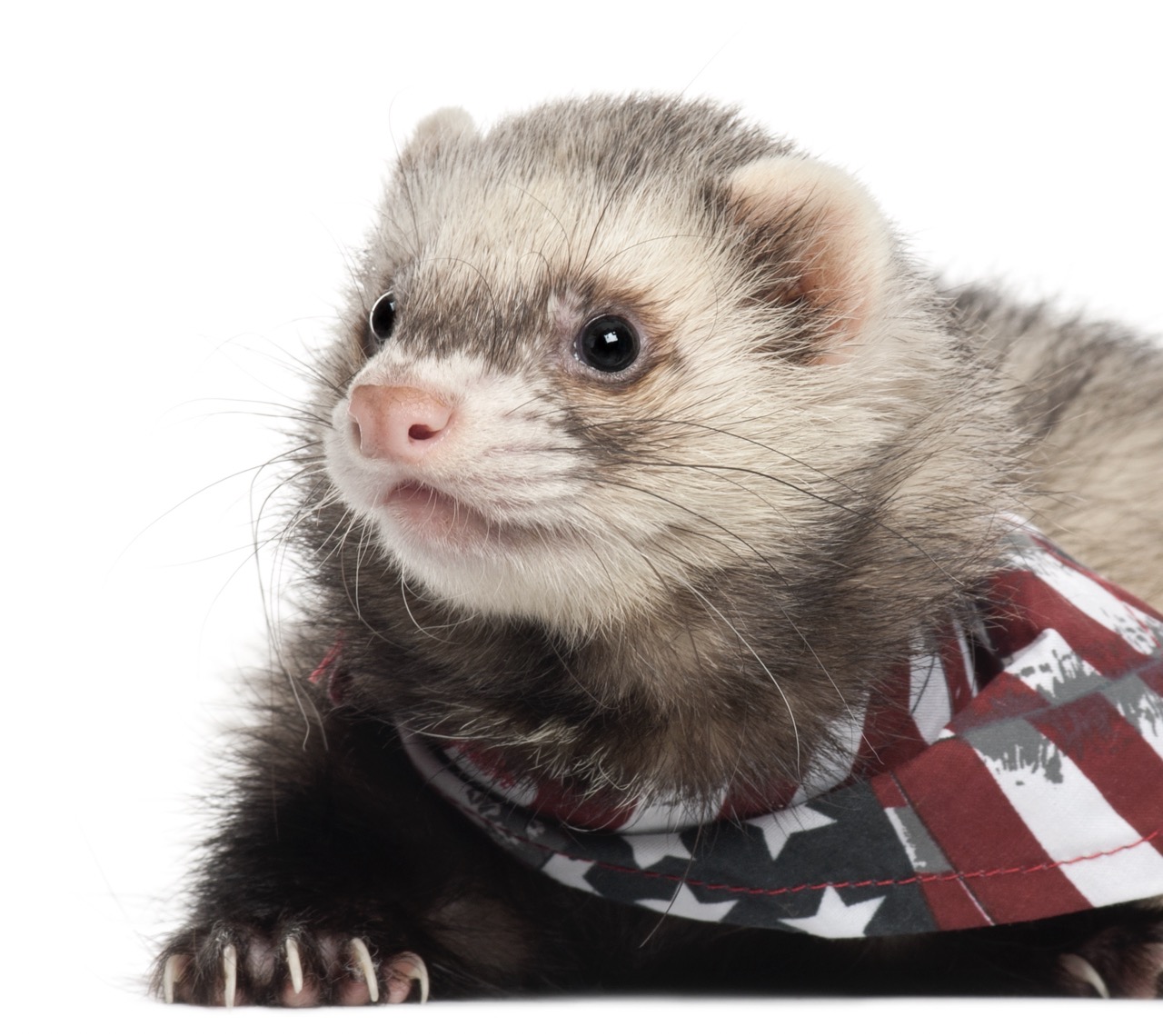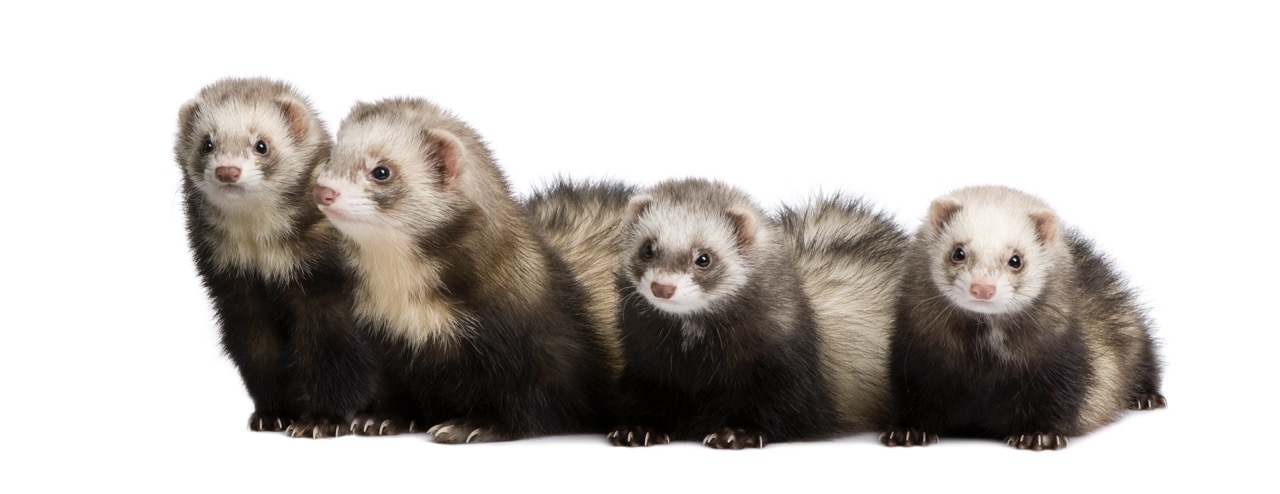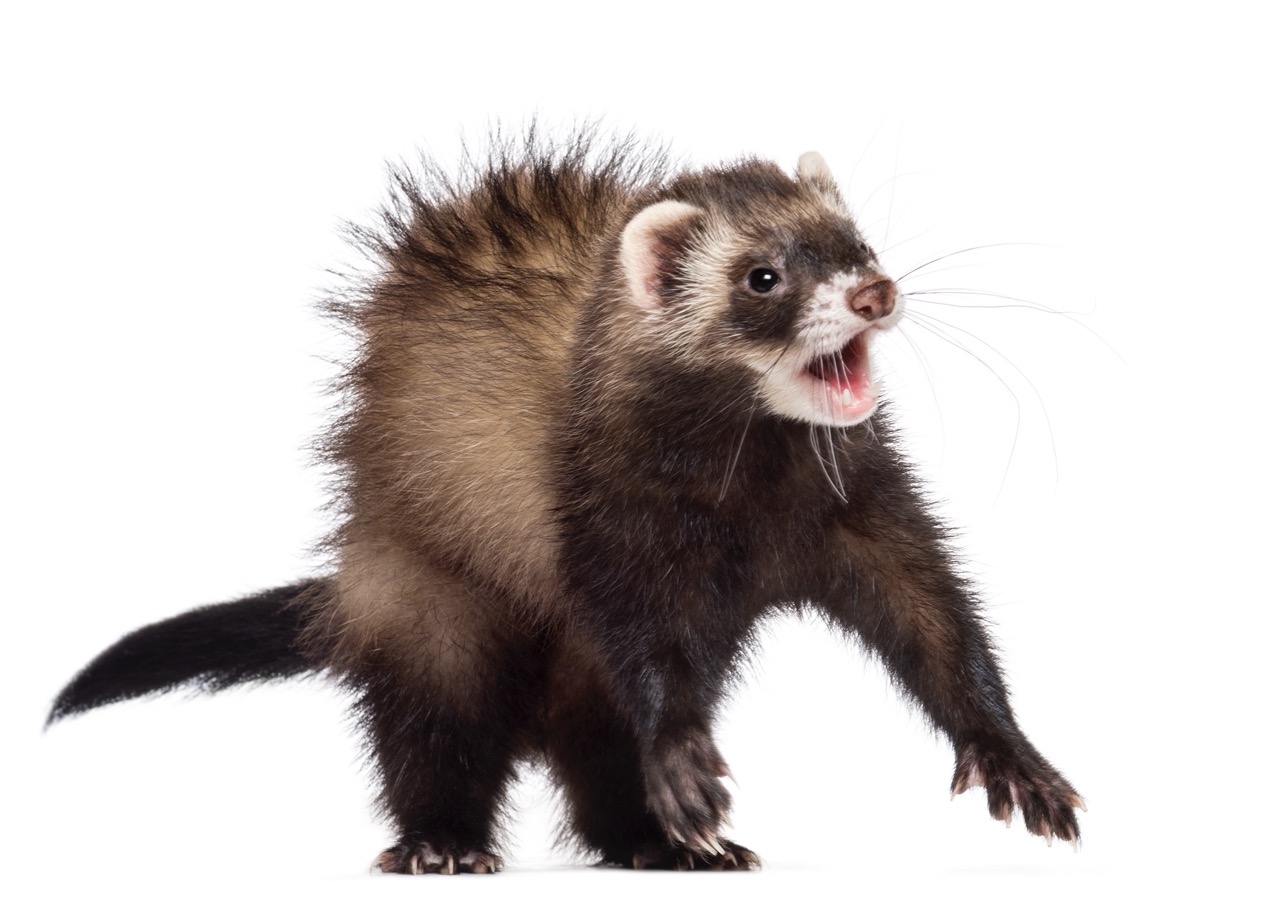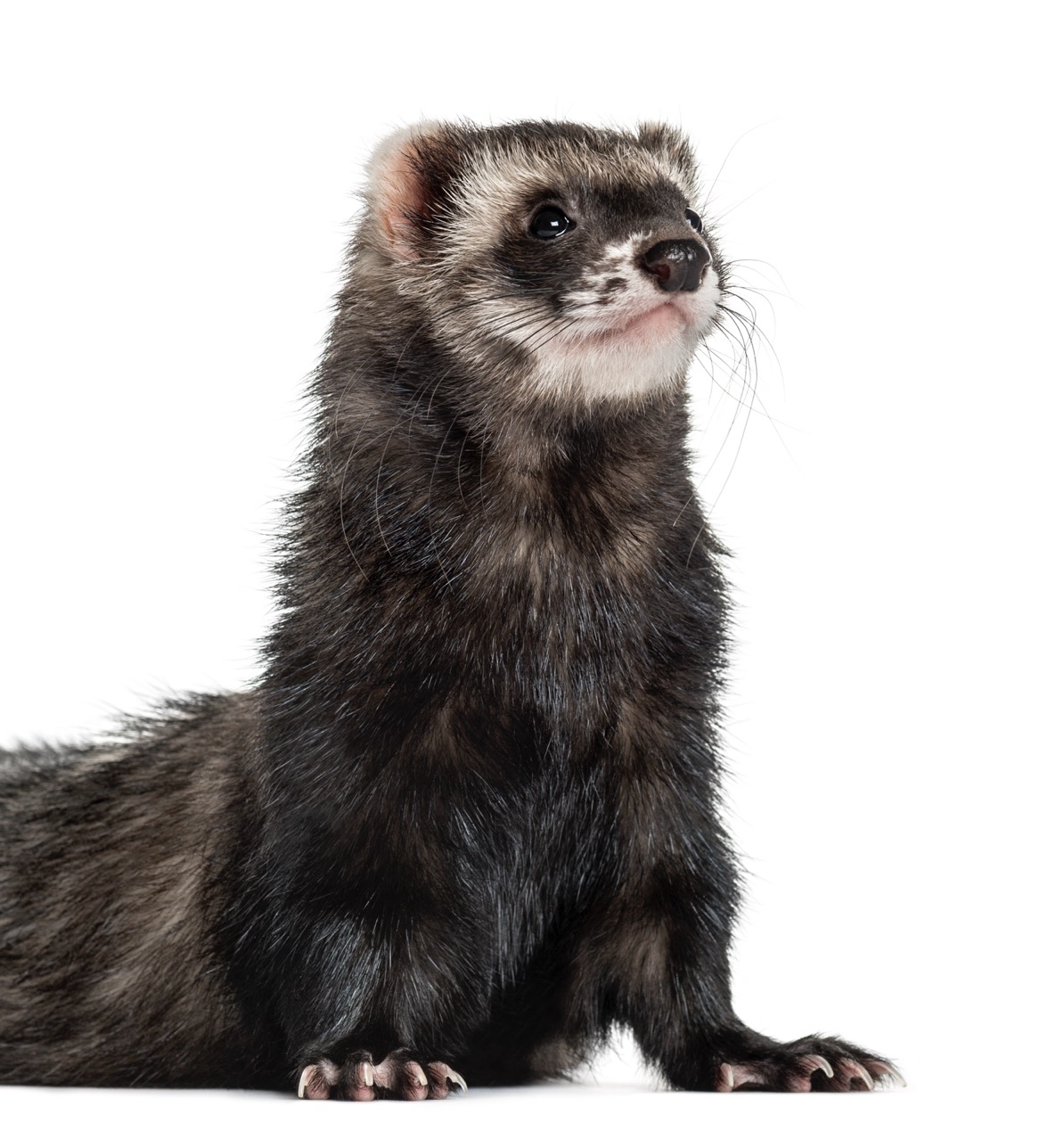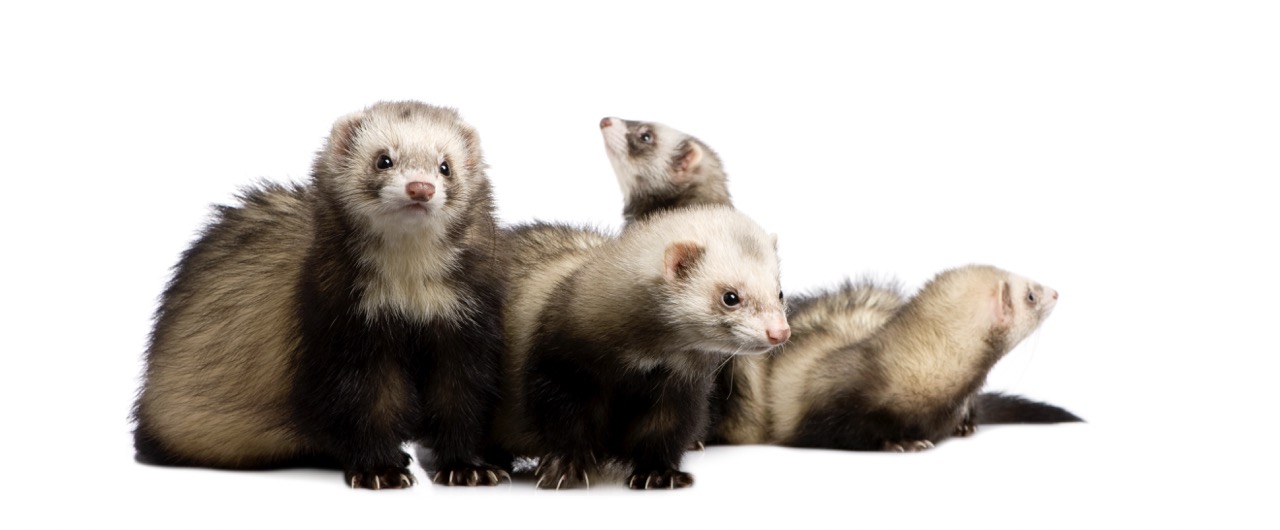Ferrets are beloved pets known for their playful nature and curious personalities. However, like all living beings, they age over time, and understanding the aging process is crucial for ensuring their health and well-being. As ferrets grow older, their biology undergoes significant changes that affect not only their physical appearance but also their behavior and overall health. This article delves into the lifespan of ferrets, the biological changes that occur as they age, common health concerns in senior ferrets, and best practices for caring for them in their golden years.
Understanding the Lifespan of Ferrets and Aging Indicators
Ferrets typically have a lifespan ranging from 6 to 10 years, although some may live longer with proper care. As ferrets age, specific indicators can signify that they are entering their senior years. Generally, ferrets are considered seniors around the age of 4 to 5 years. Observable changes may include decreased energy levels, altered grooming habits, and alterations in eating patterns. Understanding these signs can aid owners in recognizing when their ferret requires additional attention.
Age-related behavioral changes can also serve as indicators of a ferret’s aging process. For instance, older ferrets may become less playful and more prone to sleeping for extended periods. Additionally, they might demonstrate signs of discomfort or anxiety, prompting a need for increased affection and care. Being mindful of these shifts can help owners provide appropriate support during this transition.
Moreover, understanding the typical aging timeline of ferrets can guide owners in planning veterinary check-ups and preventive health measures. Regular visits to the veterinarian are essential as older ferrets may require specific vaccinations, dental care, and health screenings to monitor age-related changes. By staying informed about these aging indicators, ferret owners can enhance the quality of life for their aging pets.
Biological Changes in Ferrets: Physical and Behavioral Shifts
As ferrets age, their bodies undergo various physical transformations. These may include changes in fur quality, such as thinning or graying, which can be indicative of their advancing years. Additionally, older ferrets may experience weight fluctuations, either gaining or losing weight due to metabolic changes or decreased physical activity. These shifts can impact their overall health and may require dietary adjustments to ensure they receive adequate nutrition.
Beyond physical changes, behavioral shifts are prevalent in aging ferrets. Many older ferrets may exhibit a decline in cognitive functions, similar to what is observed in other aging pets. This decline can lead to confusion, disorientation, or changes in their regular routines. Consequently, it is essential for owners to create a stable environment, minimizing stressors that could exacerbate anxiety or anxiety-related behaviors.
Social interactions can also change as ferrets age. They may become less tolerant of younger, more energetic companions, displaying more aggression or withdrawal. This behavioral shift necessitates careful monitoring of interactions between ferrets of different ages, ensuring that older ferrets feel safe and comfortable in their living situation. Understanding these biological changes is paramount in creating a nurturing environment for senior ferrets.
Health Concerns: Common Ailments in Older Ferrets
As ferrets age, they become more susceptible to various health concerns, some of which can significantly impact their quality of life. One prevalent issue is adrenal gland disease, which is common in older ferrets and can lead to symptoms such as hair loss, changes in skin texture, and behavioral changes. Early detection is crucial, as this condition can be managed effectively with medication or surgery if diagnosed promptly.
Another significant health risk for aging ferrets is insulinoma, a tumor of the pancreas that affects their ability to regulate blood sugar levels. Symptoms may include lethargy, weakness, and seizures. Regular veterinary check-ups that include blood tests can help identify this ailment early, allowing for timely intervention to manage the condition effectively.
Additionally, dental disease is a common concern in senior ferrets, as plaque buildup can lead to periodontal disease, pain, and tooth loss. This not only affects their ability to eat but can also lead to systemic health problems if bacteria enter the bloodstream. Regular dental check-ups and maintenance are vital in preventing these issues and ensuring that older ferrets maintain a healthy mouth and are able to eat comfortably.
Caring for Senior Ferrets: Best Practices for Their Well-being
Caring for senior ferrets requires a proactive approach to their health and well-being. One of the best practices is to provide a balanced diet tailored to their age and health needs. Senior ferrets may benefit from diets that are higher in protein and lower in fat, accommodating their changing metabolism. Consulting with a veterinarian can help determine the most appropriate dietary adjustments to meet their nutritional requirements.
Creating a comfortable living environment is also essential for older ferrets. This includes ensuring that their sleeping areas are warm and cozy, as older ferrets may be more sensitive to temperature changes. Additionally, minimizing high-impact play and providing gentle, supervised exercise can help maintain their mobility and overall health without putting undue stress on their joints or muscles.
Finally, establishing a routine for regular veterinary check-ups is crucial in monitoring the health of senior ferrets. These visits should focus on preventive care, including vaccinations, dental checks, and screenings for common age-related diseases. Owners should also be vigilant about observing any changes in behavior, eating, or elimination habits, as these can provide early warning signs of health issues. By being proactive, owners can ensure that their aging ferrets enjoy a high quality of life during their twilight years.
Understanding the aging process in ferrets is essential for any owner who wishes to provide a long, fulfilling life for their beloved pets. By recognizing the indicators of aging, being aware of biological changes, monitoring health concerns, and adhering to best care practices, owners can significantly enhance the well-being of their senior ferrets. As our furry friends age, they continue to require love, attention, and specialized care; thus, commitment to their health is paramount for nurturing a happy and comfortable life in their senior years.






